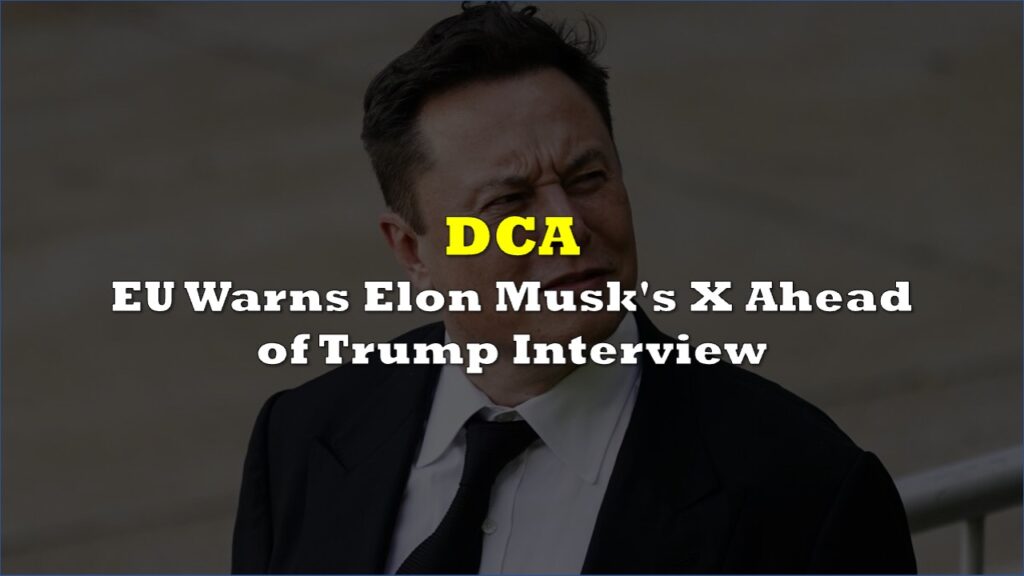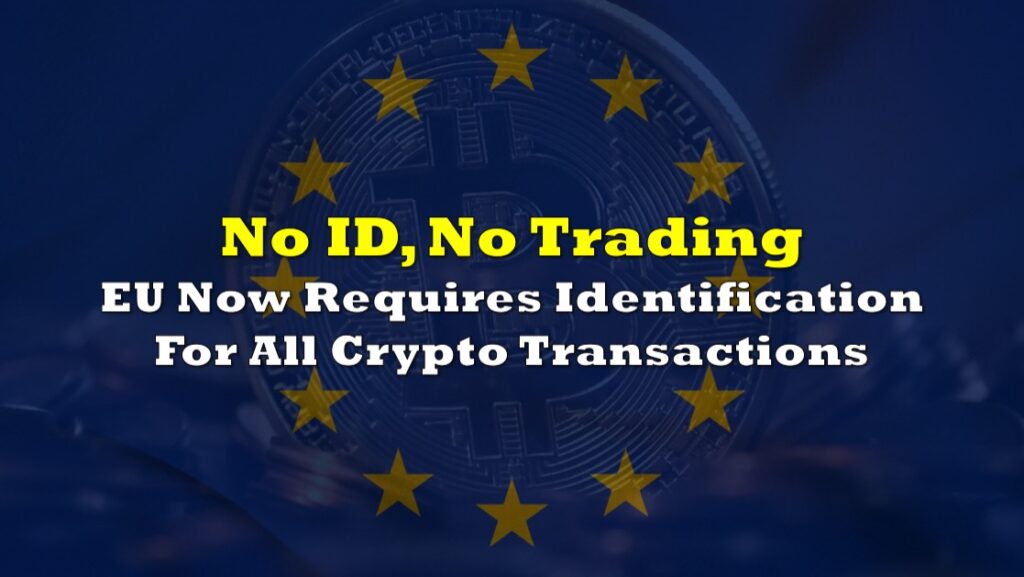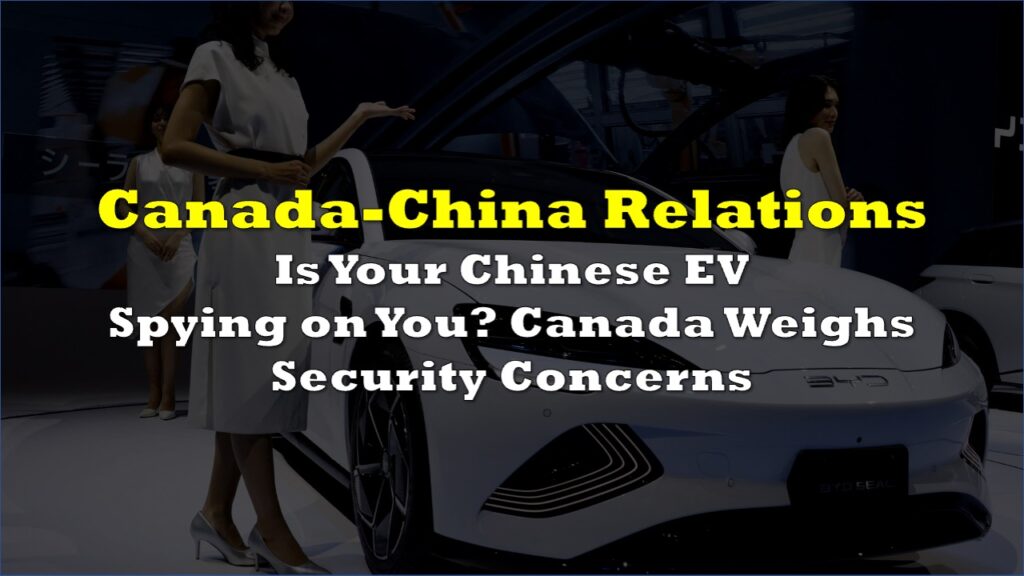The European Commission has announced a proposed range of tariffs on Chinese electric vehicles, marking a significant escalation in trade tensions between the EU and China. The tariffs, which vary between 17% and 38%, are a response to what the Commission describes as “unfair subsidization” of Chinese EV manufacturers.
The Commission’s investigation concluded that the battery electric vehicle (BEV) value chain in China benefits from government subsidies, which gives Chinese manufacturers an unfair competitive advantage and poses a threat to EU-based BEV producers. As a result, provisional countervailing duties have been proposed.
BYD will face a tariff of 17.4%, Geely 20%, and SAIC 38.1%. Other Chinese BEV producers who cooperated with the investigation but were not individually sampled will face a weighted average duty of 21%. Non-cooperating producers will be subject to the highest tariff of 38.1%.
It's official: European Commission announces its proposed level of tariffs against Chinese electric vehicles, ranging from ~17% to ~38%, depending on the manufacturer.
— Javier Blas (@JavierBlas) June 12, 2024
Brussels says Chinese companies benefit from "unfair subsidisation". #OOTT #EV #EnergyTransition pic.twitter.com/dJPTeH1fUp
The Commission formally initiated the anti-subsidy investigation on October 4, 2023. Under EU regulations, provisional duties must be published within nine months of the investigation’s initiation, with definitive measures imposed within four months thereafter.
The duties are currently provisional and will only be collected if definitive measures are imposed. The Commission has reached out to Chinese authorities to discuss the findings and explore possible resolutions in a manner compatible with World Trade Organization rules.
Consumers at the end of the stick
In 2023, the EU imported over half a million Chinese-made cars, with around 63% of these being battery-electric vehicles. This surge in imports underscores the growing demand for EVs in Europe and the competitive pricing of Chinese models.
In an estimate earlier this year by the Kiel Institute, should the EU impose a 20% tariff on imports of Chinese electric cars, as speculated, it would have a noticeable impact on bilateral trade and production in Europe. The volume of imported electric cars from China would fall by 25%, equivalent to an estimated 125,000 units worth almost US$4 billion. The decline would largely be offset by an increase in production within the EU and a lower volume of EV exports, which would likely result in higher prices for consumers.
Bloomberg’s Javier Blas highlighted the potential impact of these tariffs on the EU’s green energy goals. “The West cannot have a quick and cheap energy transition without Chinese state-subsidized manufacturing. Take that away, and the transition would be slower and more expensive. It is a policy choice,” Blas posted.
The Commission’s press release acknowledged the broader economic impacts of the proposed measures. It stated that the investigation examined the potential consequences for importers, users, and consumers of BEVs in the EU, and emphasized that any final decisions would balance these interests.
Reactions from the automotive industry have been mixed. European manufacturers have welcomed the tariffs, arguing that they level the playing field and protect local jobs. In contrast, importers and consumers have expressed concerns about higher costs and reduced availability of affordable EVs.
“For consumers, this is likely to result in higher prices for electric vehicles because production within the EU is significantly more expensive than in China due to higher energy and material prices and, above all, significantly higher labor costs,” said Julian Hinz, a trade researcher at the Kiel Institute.
Information for this story was found via the sources and companies mentioned. The author has no securities or affiliations related to the organizations discussed. Not a recommendation to buy or sell. Always do additional research and consult a professional before purchasing a security. The author holds no licenses.









